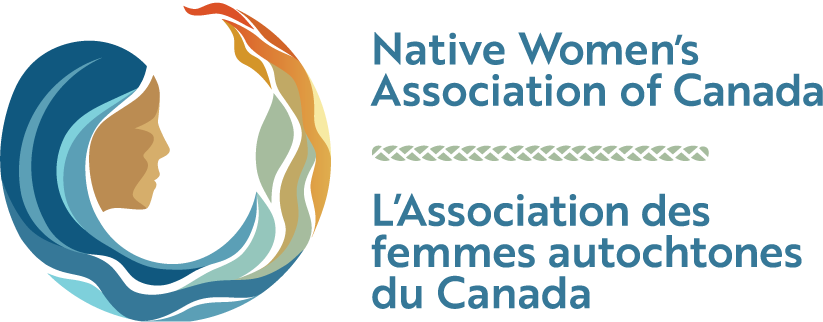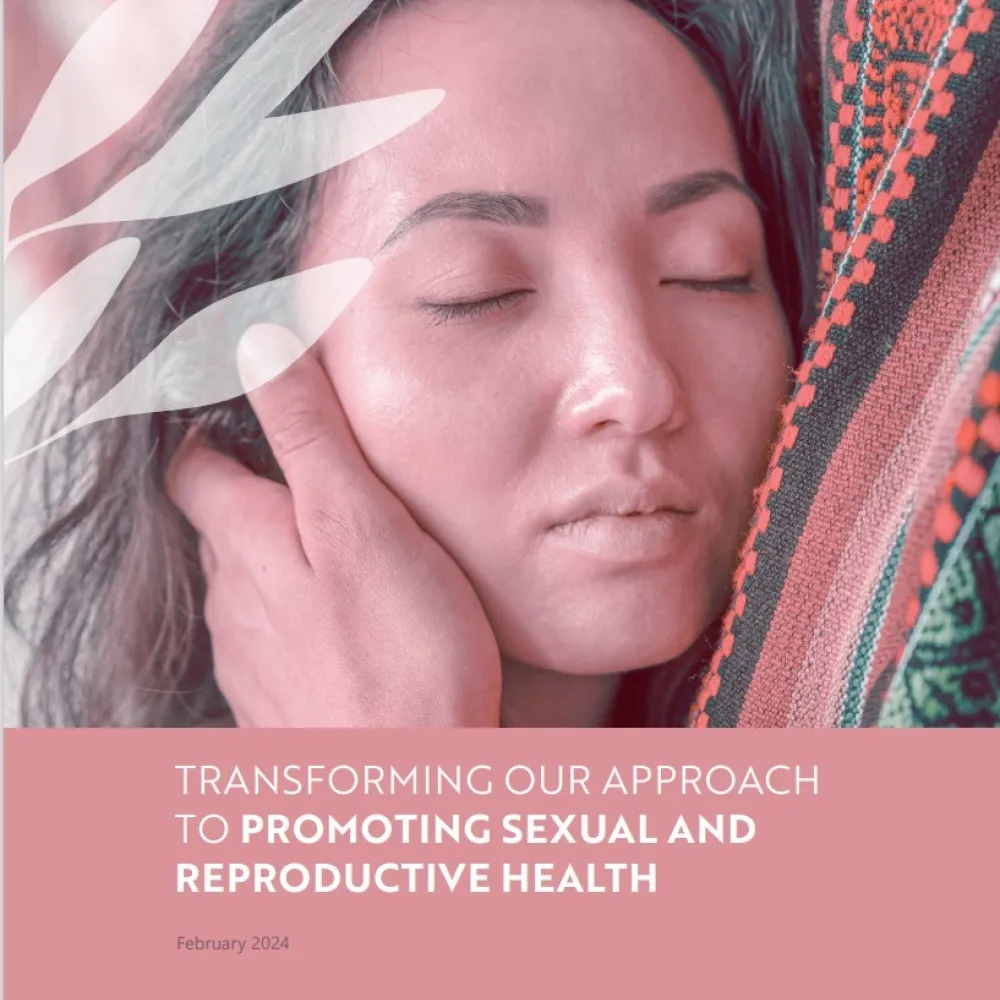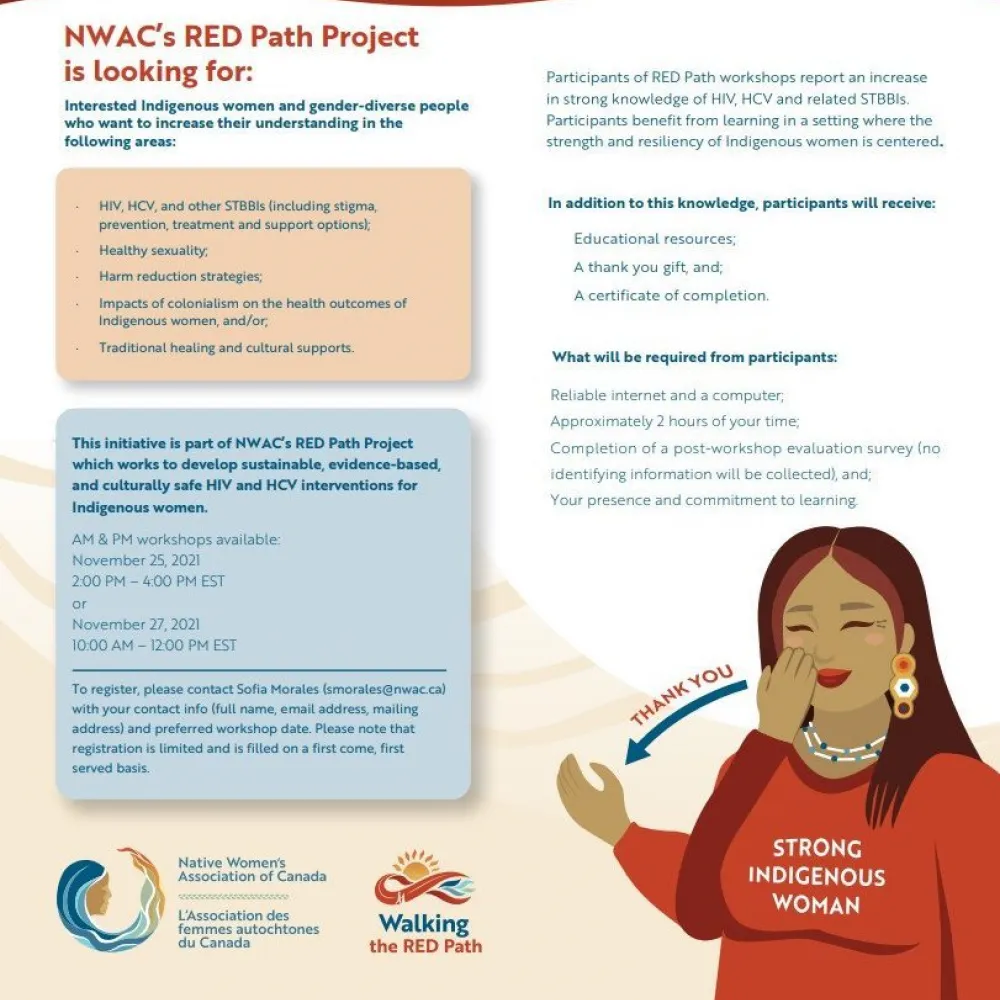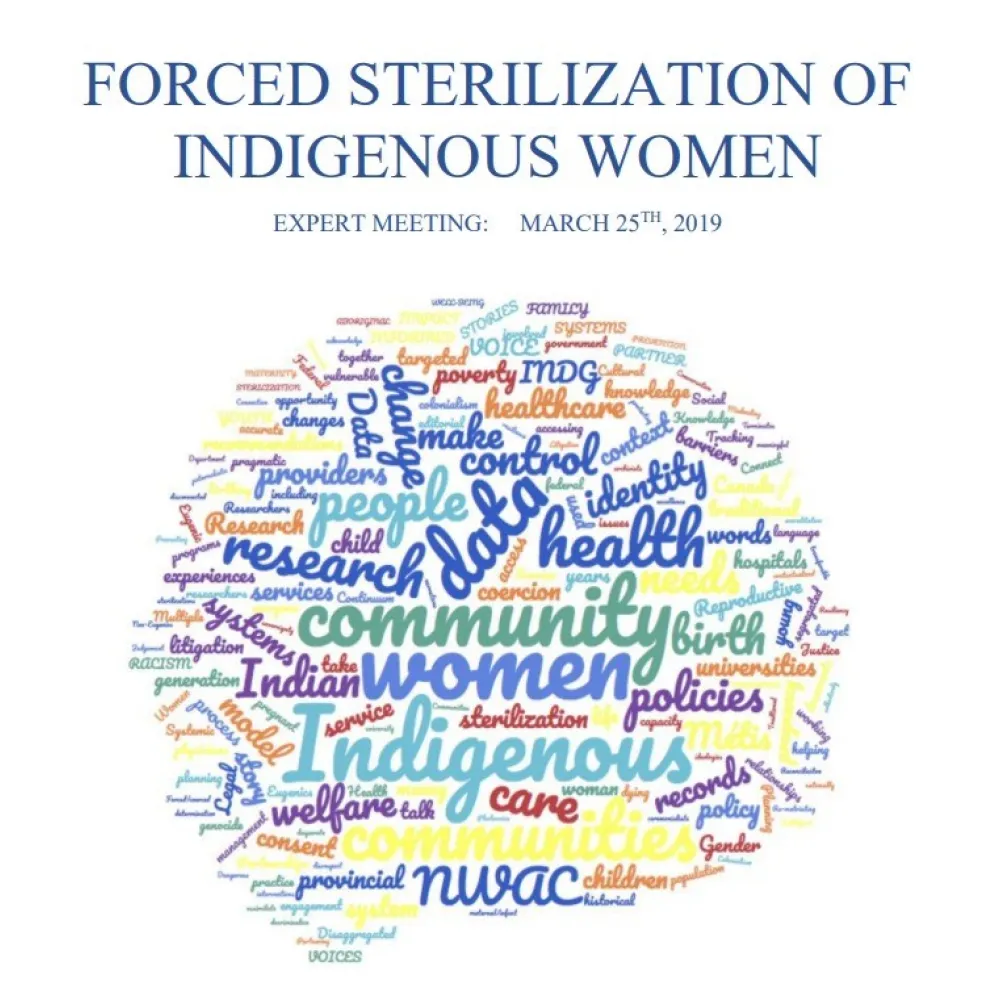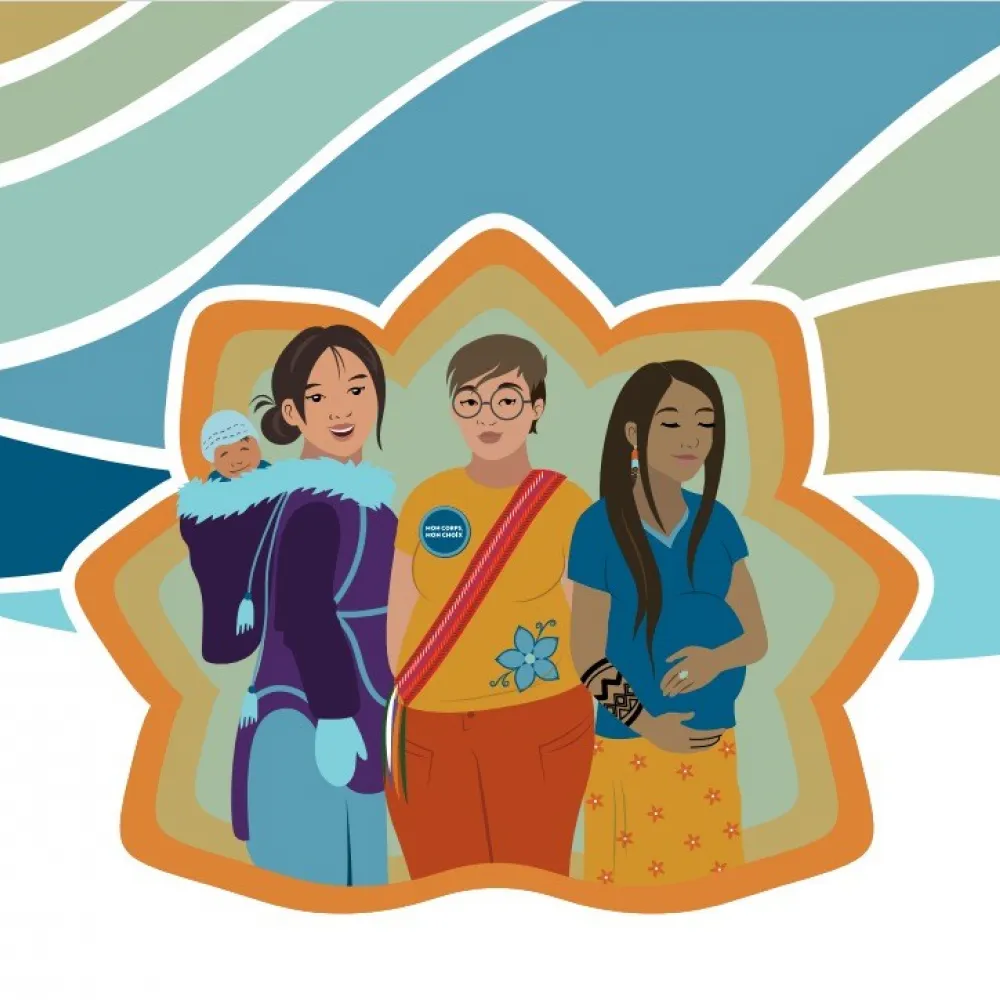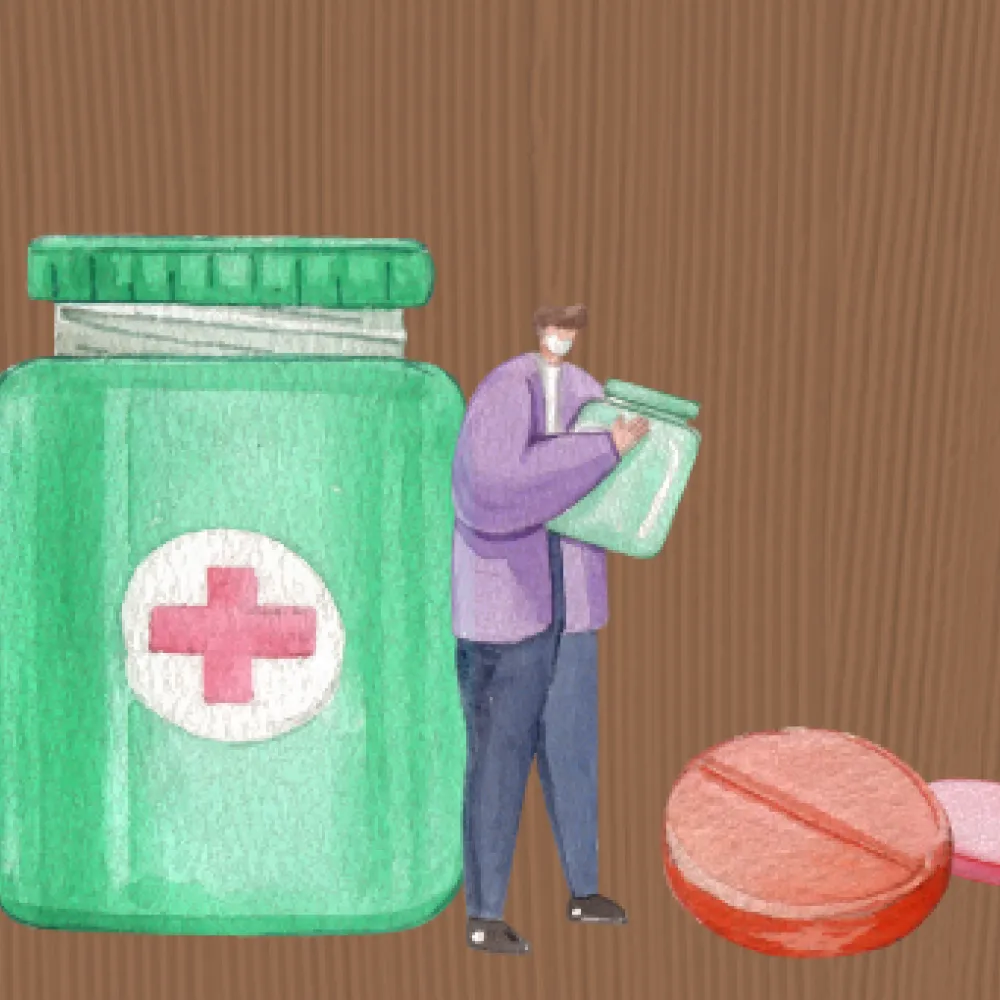The Health Unit is currently working on projects in this area:
1. The Sexually Transmitted and Blood-Borne Infection (STBBI) Project is in response to the fact that while Indigenous Women, Girls, Two-Spirit, Transgender, and Gender-Diverse People are highly over-represented among HIV cases and other STBBIs, most STBBI services are not designed with Indigenous women in mind. We know that Indigenous Women, Girls, Two-Spirit, Transgender, and Gender-Diverse People’s vulnerability to STBBIs is intimately linked to a variety of health determinants. These include poverty, housing insecurity, mental health and addictions, adverse childhood experiences, racism, and unresolved intergenerational trauma as a result of colonialism and the legacy of the residential school system. Given this knowledge, STBBI interventions for Indigenous Women, Girls, Two-Spirit, Transgender, and Gender-Diverse People need to be culturally relevant, gender-based, and trauma-informed. This project is funded by the First Nations and Inuit Health Branch.
2. RED Path is a five-year project funded by the Public Health Agency of Canada. The goal is to develop sustainable, evidence-based, and culturally safe STBBI interventions for incarcerated Indigenous Women, Girls, Two-Spirit, Transgender, and Gender-Diverse People. NWAC wants to increase the knowledge of STBBIs among this population and build their capacity to prevent infection and improve health outcomes, while reducing stigma and connecting them to their culture.
